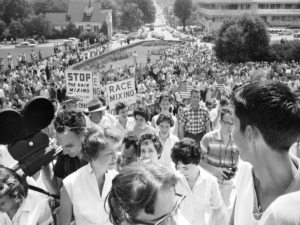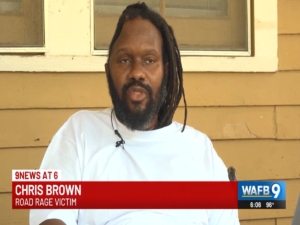Ivory Coast’s President Alassane Ouattara has announced he will seek a fourth term in office, a move critics fear signals a return to authoritarian-style leadership in a region already grappling with democratic erosion. The declaration, which ends months of speculation, has drawn sharp criticism from observers who warn of its implications for regional stability.
“This could be a slide back into an era of old men, old guard dictator rule in West Africa,” cautioned Ibrahim Anoba, an Africa analyst with the Atlas Network, speaking to The Associated Press. “And the announcement by Ouattara is a reflection of that reality.”
At 83, Ouattara says his candidacy is driven by the need to address the country’s “unprecedented security, economic and monetary challenges.” Yet, the political landscape has been tilted in his favor, many prominent opponents have been barred from running, including former Credit Suisse executive Tidjane Thiam.
The president’s grip on power has been steadily tightening since a 2016 constitutional overhaul abolished term limits, enabling him to extend his rule beyond the original two-term cap. His decision aligns with a growing pattern across West and Central Africa, where elected leaders and military juntas alike are entrenching themselves by undermining democratic institutions.
Watch a recent episode of The BreakDown podcast below and subscribe to our channel PanaGenius TV for latest episodes.
Protests against Ouattara’s reelection have been met with force. Opposition rallies have been disrupted, and demonstrators arrested on charges of disturbing public order. These developments, analysts say, are emblematic of an increasingly common trend: the blurring of lines between civilian and military authoritarianism.
“It is a repetition of the same problem that we have seen lead to the same consequences,” Anoba observed, pointing to the broader democratic decay across the region.
Countries like Togo, Cameroon, and the Central African Republic have followed similar trajectories. Togo’s Faure Gnassingbé introduced a powerful parliamentary role to extend his stay in power. In Cameroon, Paul Biya is considering an eighth term, while Central African Republic’s Faustin Touadera pursues a controversial third term.
Despite its image as one of Africa’s more stable democracies, Ivory Coast’s political system has become increasingly unbalanced, experts say. The ruling party maintains an overwhelming hold on state institutions, effectively neutering the opposition’s ability to compete.
Beverly Ochieng, a senior analyst with Control Risks, noted: “What we are having at the moment across West and Central Africa is status-quo elections. They end up reinforcing the authority and executive power of the incumbent in a way the opposition parties are not able to challenge it.”
Ochieng added, “There is also almost like an equivalent in the sense that people want to prolong their stay in power and are willing to use constitutional and transitional means to achieve.”
READ ALSO: Ivory Coast disqualifies top opposition leader Thiam from presidential race
Ivory Coast’s own history is a reminder of how electoral disputes can escalate. In 2011, post-election violence left roughly 3,000 dead when then-President Laurent Gbagbo refused to concede defeat after losing to Ouattara.










